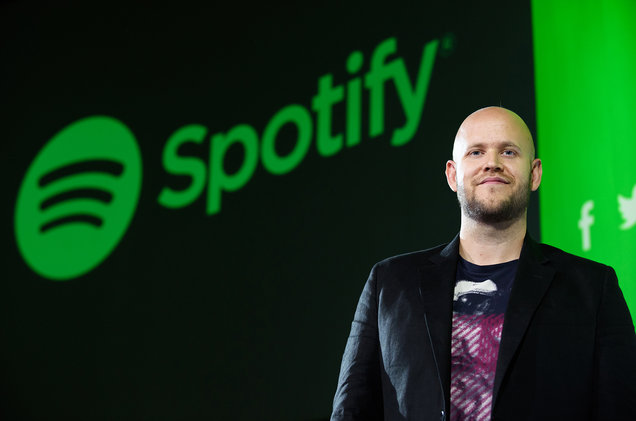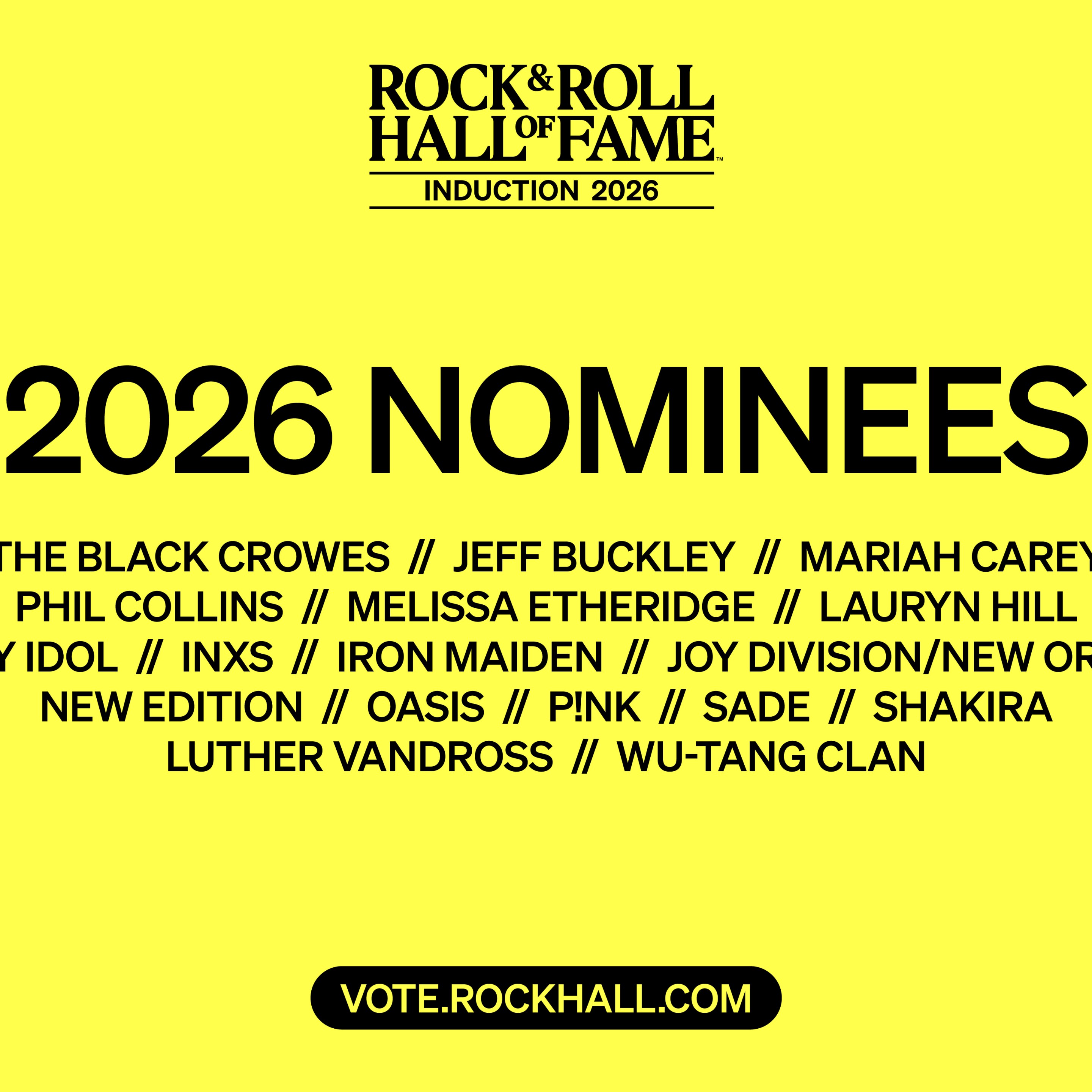Spotify officially filed paperwork for a public offering with the Security and Exchanges Commission on Wednesday (2/28), revealing plans to offer shares worth up to $1 billion. The music streaming service will trade under the symbol "SPOT" at the New York Stock Exchange.
Among the information included in the paperwork, Spotify claimed a user base nearly double that of Apple Music, it's closest competitor, including 159 million monthly active users and 71 million premium subscribers as of 12/31/17.
As well, last year, Spotify earned nearly $5 billion in revenue, up more than 38 percent from the $3.6 billion it raked in during 2016.
The company positioned itself in a benevolent light for both the music industry and consumers, declaring more than €8 billion in royalties ($9.76 billion by Wednesday's conversion rate) to artists, music labels and publishers since its launch in 2008. "Our mission is to unlock the potential of human creativity by giving a million creative artists the opportunity to live off their art and billions of fans the opportunity to enjoy and be inspired by these creators," it wrote in the prospectus summary overview.
Further interesting revelations from the documents include that as of July 1, 2017, co-founder and CEO Daniel Ek opted not take any base salary, but instead receive an annual bonus subject to the fulfillment of certain milestones. The first such bonus was awarded earlier this month from the board of directors based on performance goals for the amount of $1 million.
As well, the prospectus details "a high level of concentration" within the music industry, noting that music from Universal Music Group, Sony Music Entertainment, Warner Music Group and Merlin made up approximately 87 percent of streams in 2017.
"Our business may be adversely affected if our access to music is limited or delayed because of deterioration in our relationships with one or more of these rights holders or if they choose not to license to us for any other reason," it warned potential investors. "Rights holders also may attempt to take advantage of their market power to seek onerous financial terms from us, which could have a material adverse effect on our financial condition and results of operations."
This story originally appeared on Billboard.






